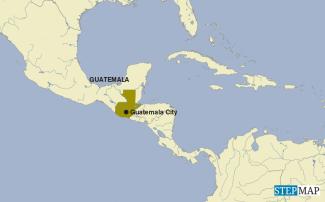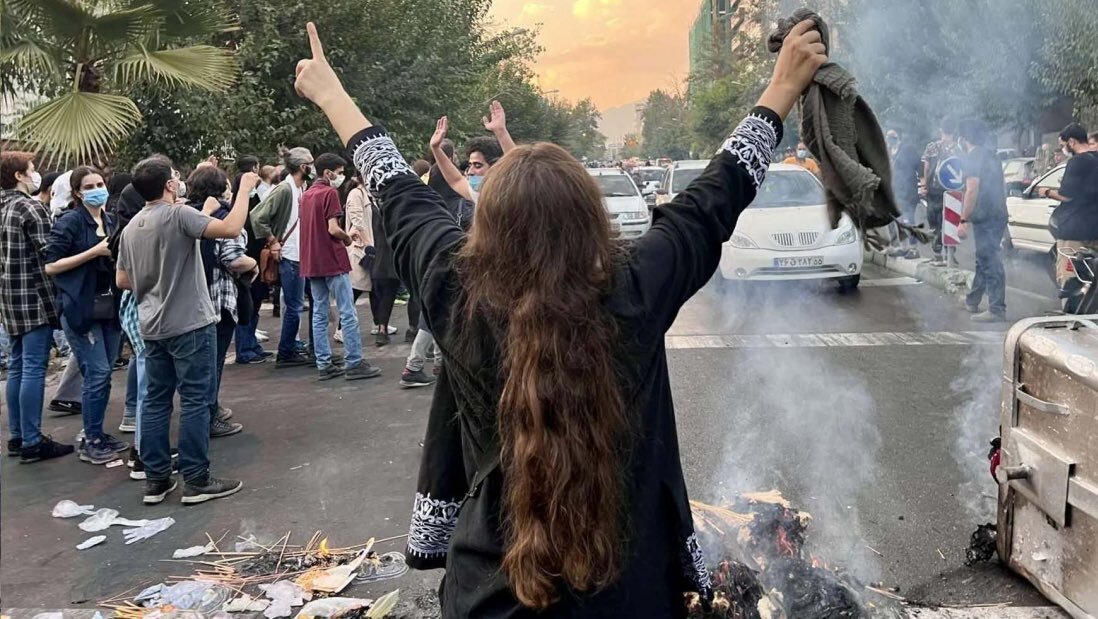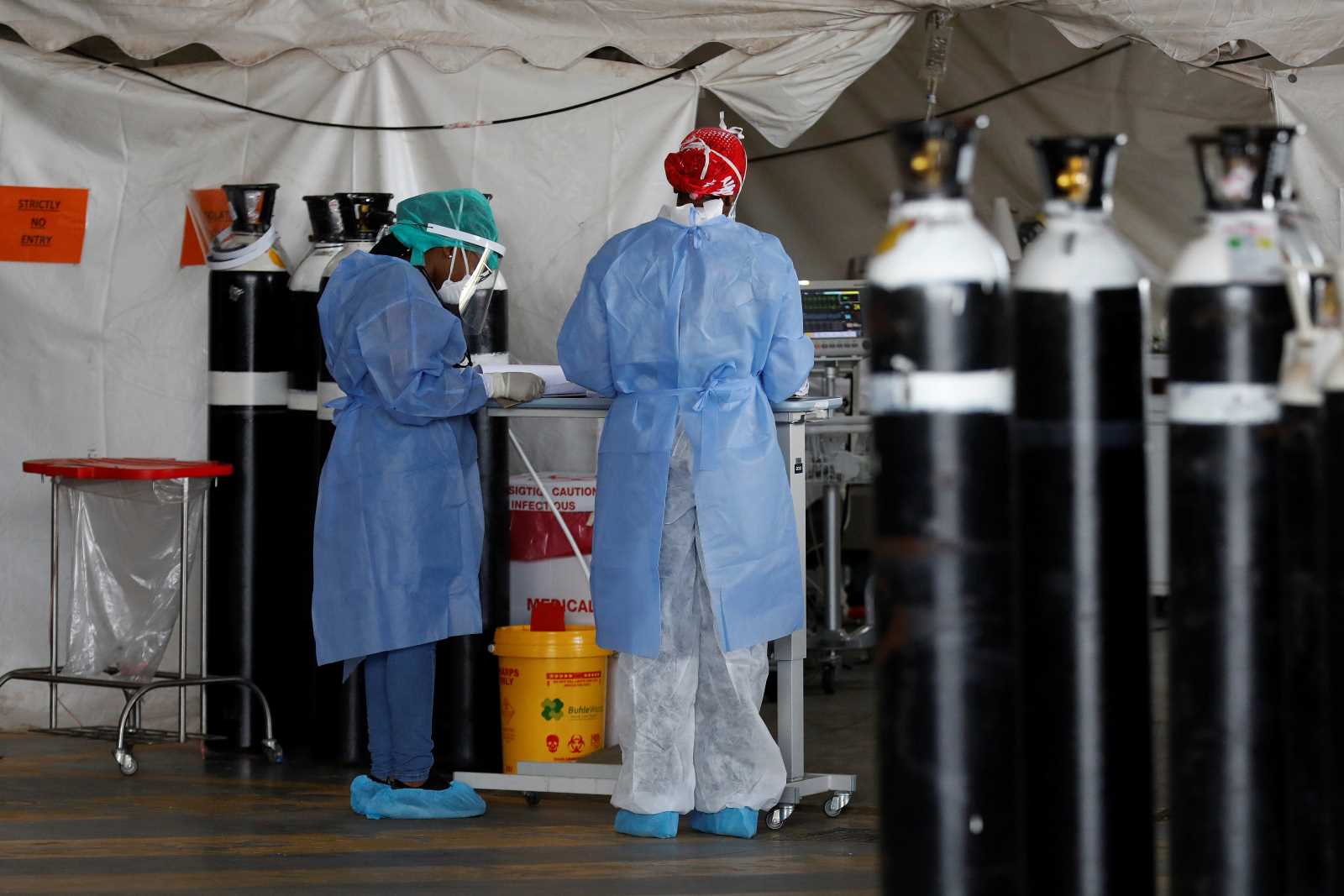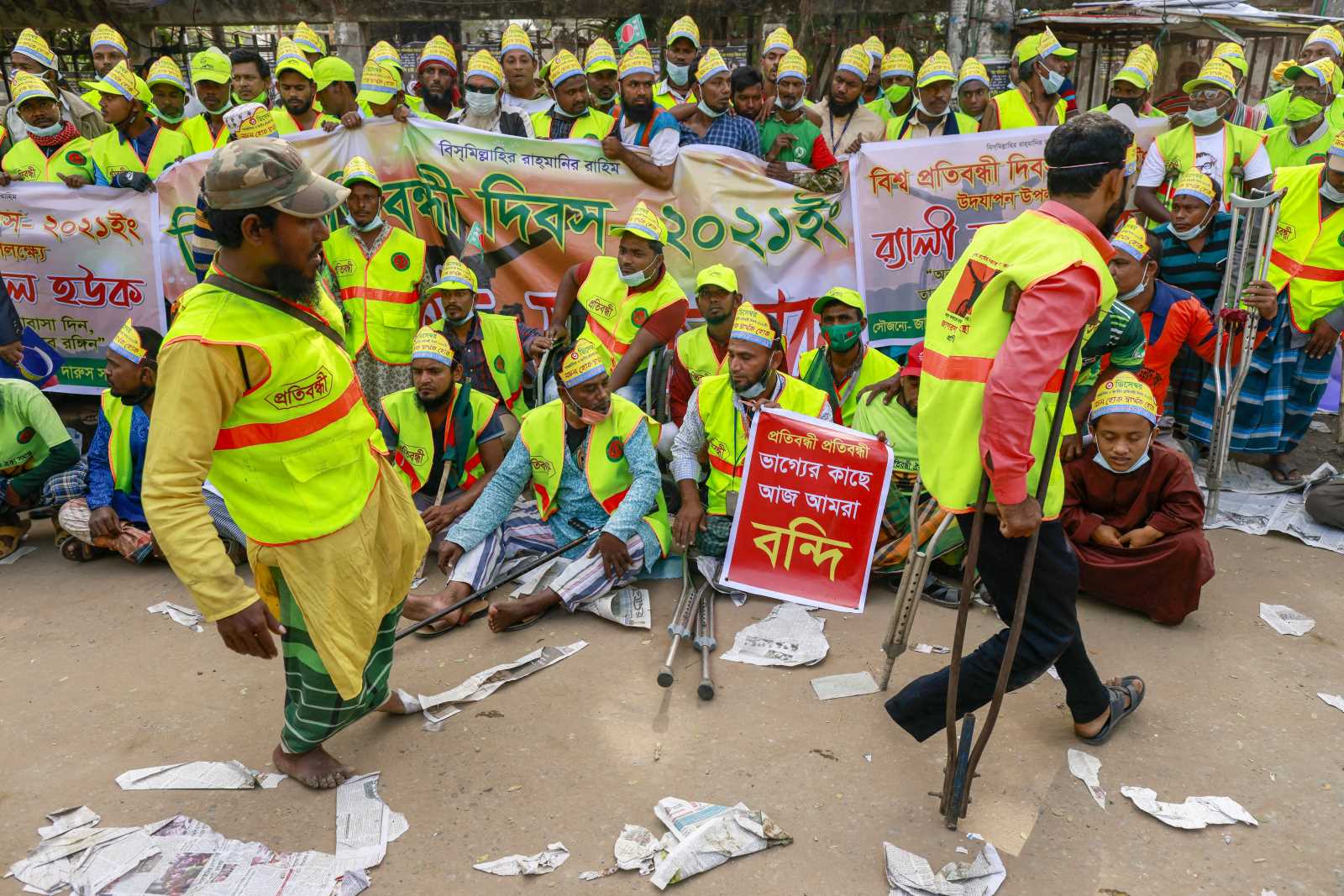Marginalisation
Small wellspring of hope

According to the World Bank, more than 59 % of the population lives below the poverty line. Among indigenous peoples, the poverty rate is 79 %.
For Guatemala’s children, 45 % of whom live in extreme poverty, the outlook is bleak. Guatemala has one of the highest rates of chronic child malnutrition in the world, according to Food for the Poor, a US-based Christian nonprofit organisation. Very little is invested in the development of Guatemala’s children, according to the United Nations International Children's Emergency Fund (UNICEF).
Against this desolate backdrop, some charities are trying to improve the odds for at least small groups of Guatemala’s needy children. One of them, “Manantial de Vida” (“Source of Life”) offers help and hope to children in one of the country’s many danger zones. The charity, based in Guatemala City, partners with “Proyecto Pan de Vida” (“Bread of Life” Project), which is also based in Guatemala City.
I work as a volunteer for Manantial de Vida. On a recent Saturday morning, our small group of children aged five to 12 gathered to hear a prepared lesson about values – among them loving each other, keeping faith, holding on to hope, striving for happiness, and the importance of making efforts to achieve personal goals. The aim is to give them a sense of control over their direction in life and over how they develop as individuals, despite their difficult circumstances.
At the end of each lesson, instructors ask the children what they have learnt. They respond with positive messages such as “I have to respect all of my friends and help them if they need it.” This is a particularly important perspective to give to children who come from violent homes.
Other modules in the formal programme teach children about basic health and hygiene, important topics to which many children are not exposed in their daily lives. The rest of the programme is less formal. The children have time to dance and play, to experience what in other countries is a normal part of childhood. Many of our young charges take care of younger siblings and carry a lot of responsibility. Having a protected space to play gives them a different perspective on life.
An important part of our service is to provide lunch, particularly since many of the participants have either no other daily meal or inadequate meals at home. An important dimension of the service is to help children develop confidence in the volunteers. Trust and confidence do not necessarily come naturally to children facing a daily struggle for survival. But in the right circumstances, having a sense of hope and trust can also be an important survival skill.
Gildaneliz Barrientos, a journalist in Guatemala, volunteers for the “Manantial de Vida” programme for children and manages a media literacy project at Radio Sónica, a community radio station.
gildacol54@gmail.com












